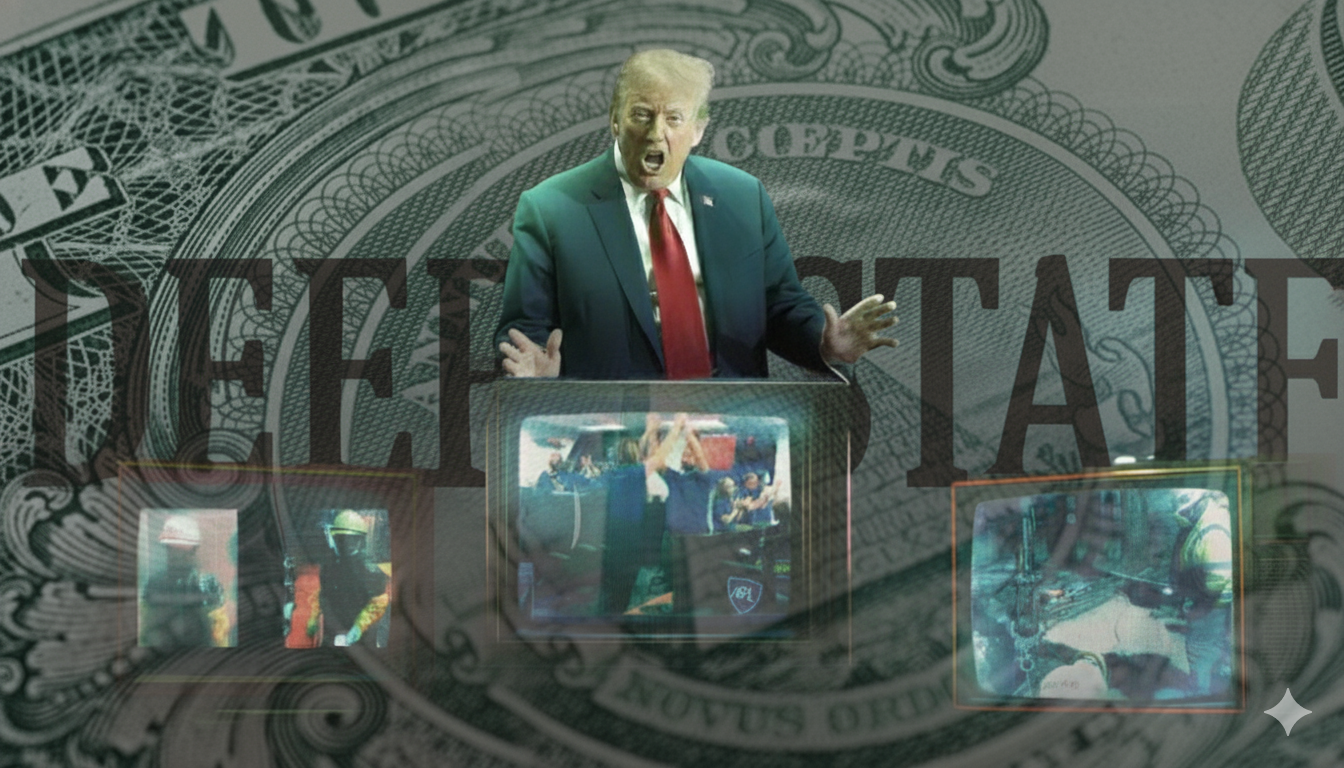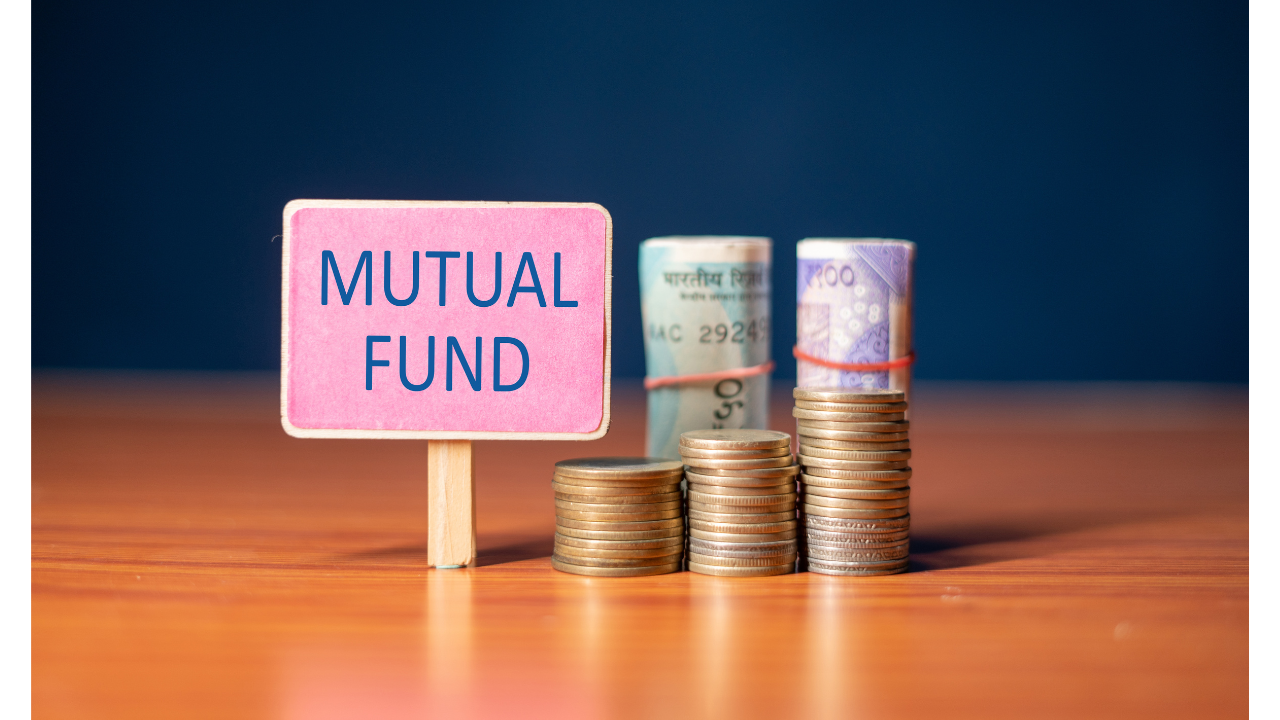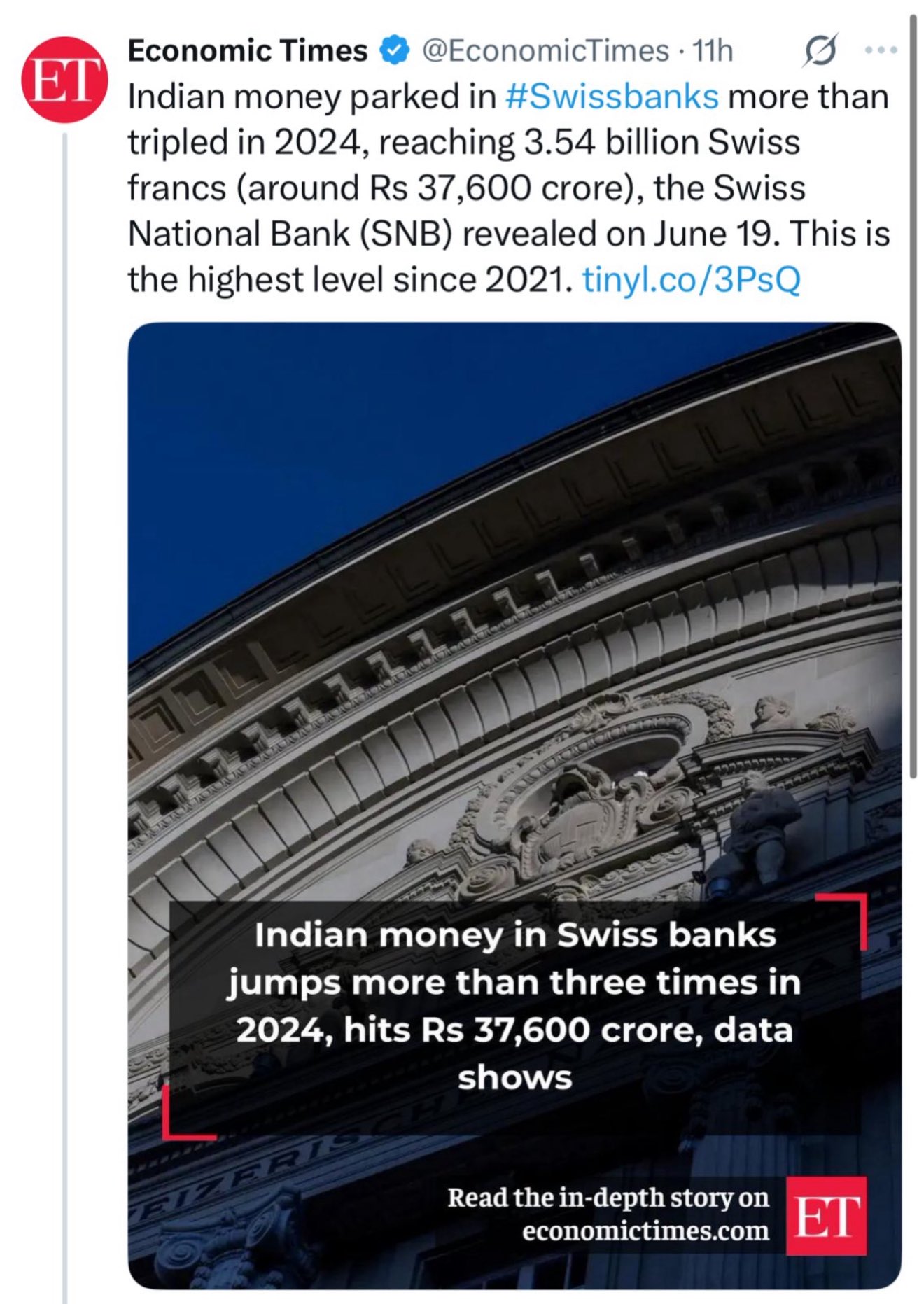Back
Pulakit Bararia
Founder Snippetz Lab... • 1y
We think of banks as places that store our money and keep it safe. But that’s not really what’s going on. When a bank gives out a loan, they don’t get poorer. They simply type new money into your bank account. It’s brand-new money that never existed before. The only difference is that when you pay it back, the money gets canceled out— and the bank only keeps the interest. The problem? Productivity doesn’t necessarily increase when we create new money, and that can cause inflation. If society starts producing fewer goods, but more money is added into the system, prices will go up. Since there’s no additional contribution to match the extra money, banks have almost complete freedom to create as much as they like. And if they’re running low on backup money? They can simply go to the central bank and ask for more. And that’s when things get ridiculous. Banks and foreign countries buy bonds from the U.S. government, and this influx of money helps fund the government’s budget. But here’s the catch— The U.S. government almost always spends more than it makes, so it’s constantly in debt to those who buy these bonds. To pay off that debt, it uses taxpayer money. Last year, the government spent almost $7 trillion— but tax revenue wasn’t enough to cover it. So what did they do? They had to create new bonds to get more money. As crazy as it sounds, this system of adding more money through debt is how the world operates.
Replies (2)
More like this
Recommendations from Medial
Tarun Suthar
CA Inter | CS Execut... • 4m
How The World is Drowned in a $300 Trillion Debt Bubble Three Times Its Size. 👀🤯 You've noticed something unsettling: Early every major country, from the US and China to the UK and India, is drowning in Debt. The US owes $36 trillion, and while
See More
Rohan Saha
Founder - Burn Inves... • 7m
These days some mutual funds are slowly cutting down their investments in bank stocks and putting more money into NBFCs there could be many reasons behind it but one of them might be that banks are finding it a bit more expensive to borrow money now
See MoreRohan Saha
Founder - Burn Inves... • 8m
These days as more and more people are jumping into investing banks are quietly leaning more on bonds to meet that demand. But here is the thing it’s not all smooth sailing for them. See a regular savings account gives barely 2% interest and even FD
See MoreRohan Saha
Founder - Burn Inves... • 10m
Many traders and investors often overlook fixed income instruments, but having a portion of the portfolio in debt is essential for stability. Buying bonds in India is very easy, yet people do not give much consideration to bonds or debt mutual funds.
Hemanth Varma
''Money can't buy ha... • 1y
can mutual fund be a profitable investment? A mutual fund is a company that pools money from many investors and invests the money in securities such as stocks, bonds, and short-term debt. The combined holdings of the mutual fund are known as its po
See More
Download the medial app to read full posts, comements and news.
















/entrackr/media/post_attachments/wp-content/uploads/2021/08/Accel-1.jpg)



















